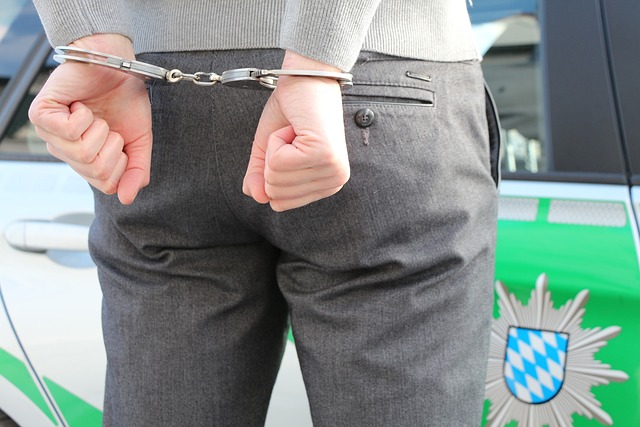What Happens Once You File Criminal Appeal Papers?
 When the Registrar’s office receives the criminal appeal papers, they will then check them and they will get in touch via writing to inform that they have received the papers and they will also provide a reference number.
When the Registrar’s office receives the criminal appeal papers, they will then check them and they will get in touch via writing to inform that they have received the papers and they will also provide a reference number.
Talk to the Judge
Once the papers have been received, you move on to the ‘single judge’ part of the appeal. This is when you will learn whether you have been granted the right to appeal a conviction, this is known technically as whether you have been given ‘leave to appeal’.
Their decision will be based on the summing-up transcripts, any relevant trial papers, appeal advice provided, and indeed the notice and grounds of appeal.
The judge uses an SJ form to record their decision on leave to appeal, stating their reasons for granting or refusing the appeal.
Granted Appeal
Hopefully, you will, of course, be granted leave to appeal, and the top criminal defense attorney you have hired can start doing everything in their power to ensure the decision is overturned.
Once you receive the SJ form, you have 14 days to inform the Criminal Appeal office. The date the SJ form was given to you will be written on it by the legal aid office and so this time limit is a strict one.
The two-week time limit is only extended in rare circumstances, for example, if you were in the hospital because of an emergency and it was literally impossible for you to renew your application within the 14-day limit.
Full Court Hearing
Once all of this has been complete, you can get to the full court hearing, where the decision on whether or not you should be given leave to appeal is made by a panel of three judges. If you are in prison you will not be able to attend this hearing.
You will receive a letter from the Criminal Appeal Office and this will inform you of the outcome. If successful, your lawyer can then begin making our final preparations for the appeal, which takes place at the Court of Appeal Criminal Division, otherwise referred to as the Law Courts or the High Court.
The Criminal Appeal Office sends a letter at least two weeks before the court date, informing you of when the appeal will take place.
Meet With Your Lawyer
The appeal lawyer working on your case will meet with you before the appeal hearing to discuss the case. If you are serving a sentence, you will be kept in the cells below the appeals court until your case is heard and your lawyer will meet you there before the court begins to discuss everything with you.
Family and friends can indeed come to the court to support you during your appeal hearing, however, they will under no circumstances be allowed to visit you in the cells below the court before your hearing.
How Long Does the Appeals Process Take
How long does the trial for the appeal against a conviction take?
It’s impossible to say, as every case is different. However, most cases only take a matter of hours, yet there are some that can run for several days.
Moreover, when it comes to making a decision, the judges may do so immediately or they may reserve judgment so they have time to think about it. If the latter occurs, this means their judgment will be provided at a later date.





